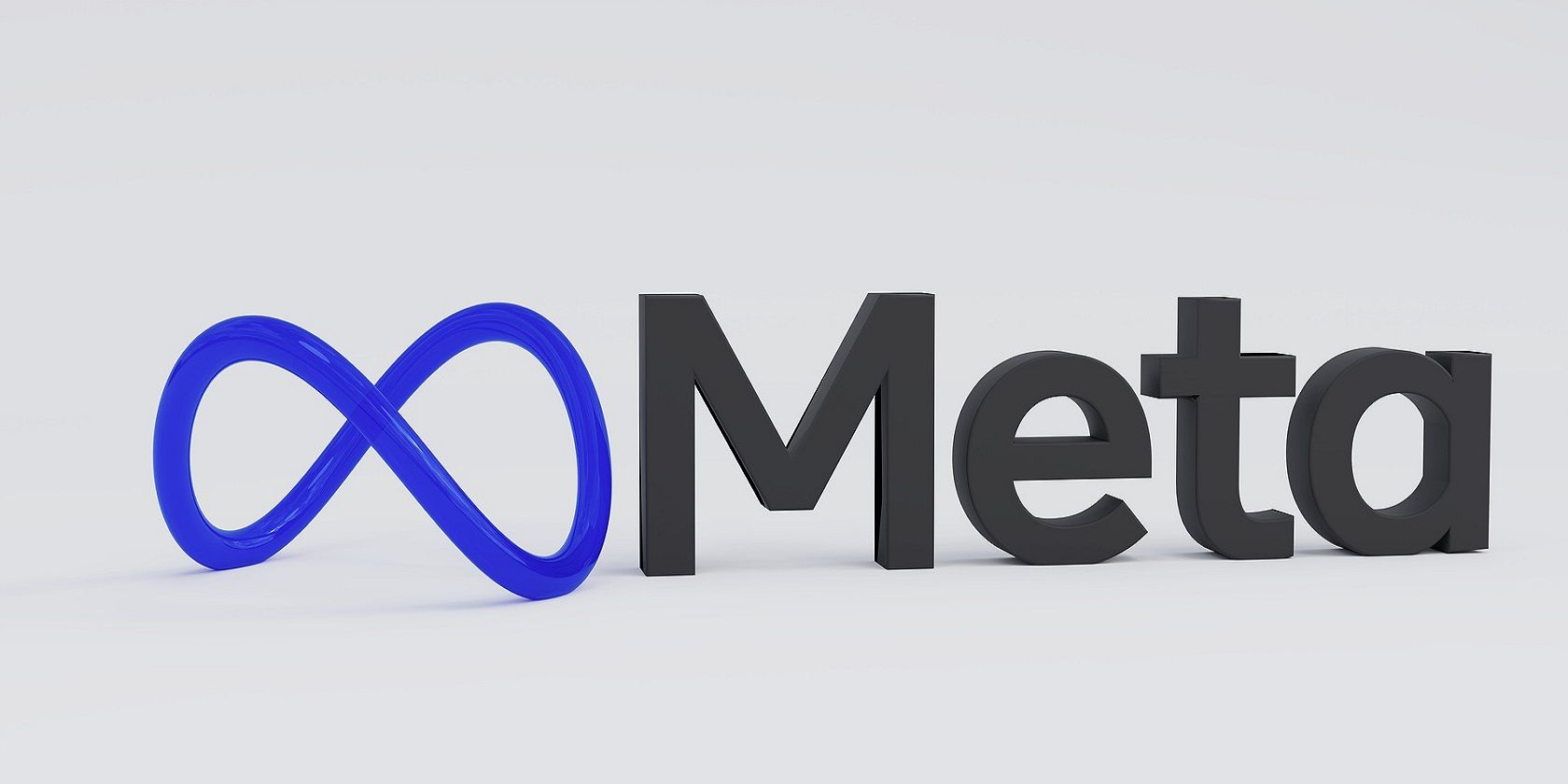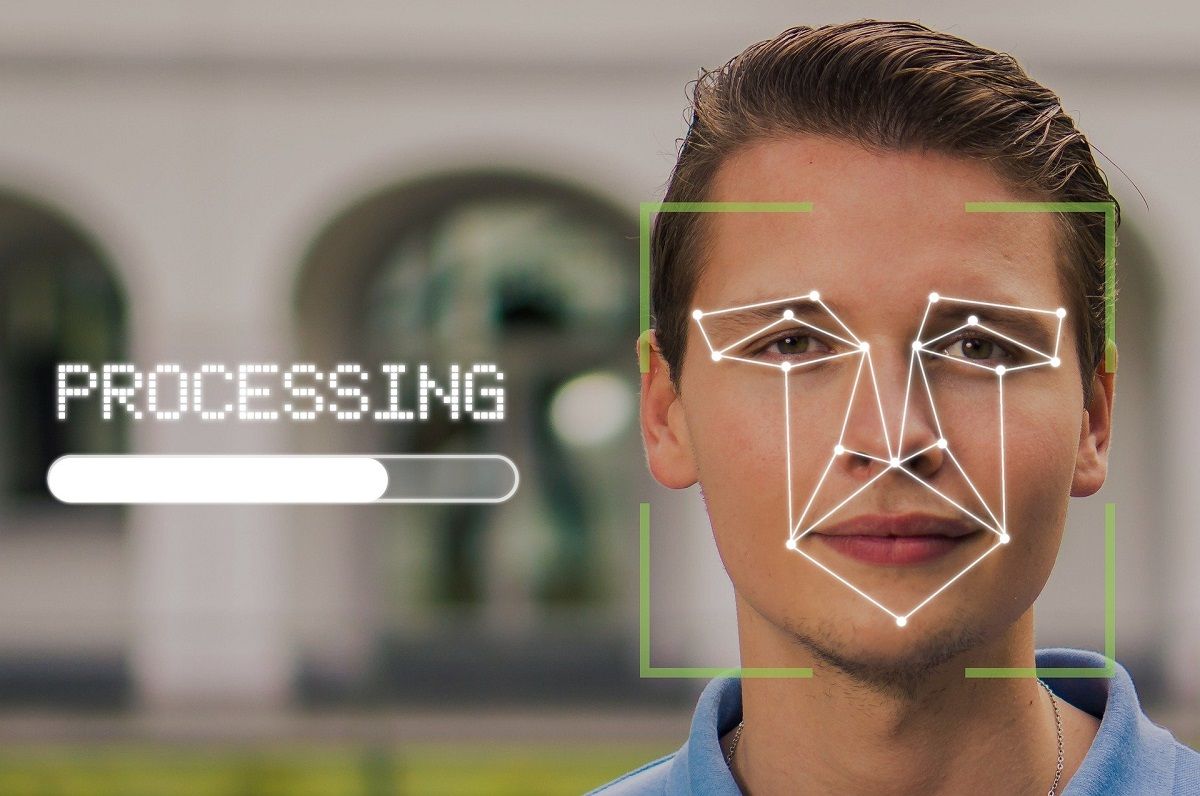On November 2nd, 2021, Meta Platforms Inc. announced the shutdown of its Face Recognition system on Facebook in the coming weeks.
Facebook introduced facial recognition in 2010 and, after 11 years, it has amassed more than a billion facial recognition profiles, probably the largest such collection in the world.
Now, Meta is deleting all these profiles. Let us examine what this means and why Meta is doing it.
What Is Facial Recognition?
Facial recognition is a piece of software that recognizes a human face by mapping its features from a photograph or video. The most important features are the distance between the eyes and the distance from forehead to chin.
However, there are as many as 68 features that facial recognition software can use to distinguish your face and create your unique facial signature, known as a “faceprint”.
Your faceprint is represented as a mathematical formula that belongs to you alone. Companies feed this formula into a database that compares it to other faceprints until it finds a match.
Facial recognition is a key element of biometric security and different sectors use it, such as law enforcement, phone manufacturers, and social media. Facebook uses its facial recognition algorithm, called DeepFace, for tagging people in photos and videos, and for suggesting people to tag.
Why Is Meta Disabling Facial Recognition on Facebook?
The official reason, given in a Meta blogpost, is that regulators have not provided a clear set of rules to govern facial recognition. This regulatory vacuum has led to user privacy concerns about the role of facial recognition technology. Meta claims that this resulting uncertainty has left it with no choice but to limit the use of facial recognition on Facebook.
Meta, and big tech in general, is under increasing pressure by both regulators and users over its business practices and its handling of the immense amount of data it collects every day. Meta's decision to disable Facebook's facial recognition software must be understood with this in mind.
In July 2020, Facebook had to pay $650 million to 1.6 million users in Illinois who had sued the social media company over creating and storing their faceprints as part of its photo tagging feature without prior notice or written consent.
Just one year earlier, the Federal Trade Commission (FTC) fined Facebook an eye-popping $5 billion for inappropriately sharing information belonging to 87 million users with the now-dead British political consulting firm, Cambridge Analytica.
At the time of writing, Meta is battling yet another major controversy after whistleblower, Frances Haugen, released internal documents dubbed “the Facebook papers” alleging that Facebook prioritizes profits over truth.
Will Meta's Disabling of Facebook's Facial Recognition Enhance Privacy?
Meta is not abandoning facial recognition. It will continue to use it, but under a narrower set of circumstances.
Photo and video tagging will no longer be automatic, but Meta might use facial recognition to help users gain access to a locked account, verify their identity in financial products, or unlock a personal device.
However, it is worth noting that for the Metaverse to function, Meta will need to collect data on a much grander scale than before. For instance, augmented reality devices will need to monitor your eyes and facial expressions, as well as collect other elements of your biometric data, in order to create your avatar and make it do things in the Metaverse.
Will users have full control of their biometric data in the Metaverse? Will they be requested to provide written consent for it to be used? Or will other forms of abuse that we haven't thought about arise in the Metaverse? It remains to be seen.



